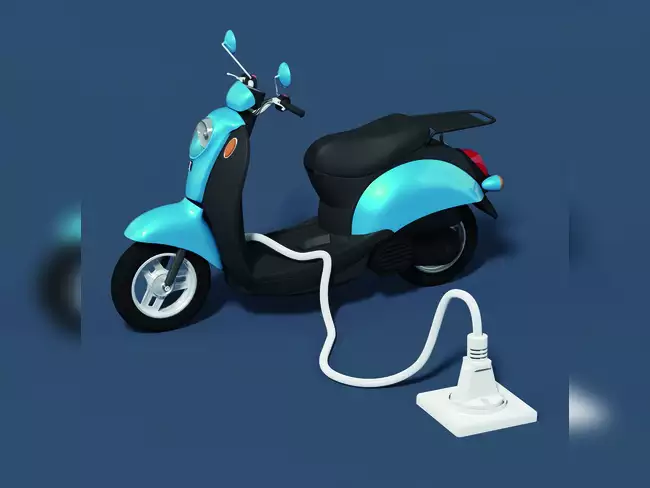
In a significant development within the Indian automobile industry, startups have taken the lead over established manufacturers in introducing electric two-wheelers to the market. This trend reflects a global shift in the automotive landscape, where disruptors have played a pivotal role in driving the electric vehicle (EV) revolution and promoting greener transportation alternatives. The CEO of Ather Energy, Ravneet S Phokela, has highlighted that startups are currently spearheading the category’s development.
This shift in the Indian market can be attributed to several factors. Startups have shown agility and innovation, unburdened by the legacy systems and structures that large automobile manufacturers often face. They have been able to respond quickly to changing consumer demands, leveraging advanced technologies and sustainability principles to develop electric two-wheelers that meet the growing market expectations.
Furthermore, government initiatives, such as the Faster Adoption and Manufacturing of Hybrid and Electric Vehicles (FAME) scheme, have provided significant support and incentives for the electric mobility sector. This has encouraged many startups to venture into the EV space, capitalizing on the favorable policy environment.
Notable Indian electric two-wheeler startups have emerged as prominent players in the market, showcasing their ability to disrupt traditional automotive practices. Companies like Ather Energy, Ola Electric, and Revolt Motors have gained traction by offering technologically advanced and environmentally friendly alternatives to conventional petrol-powered two-wheelers.
Ather Energy, led by CEO Ravneet S Phokela, has established itself as a key player in the Indian EV market. The company’s flagship model, the Ather 450X, has received acclaim for its performance, range, and smart features. Ather Energy has also created an extensive charging infrastructure network, addressing one of the primary concerns for EV adoption in the country.
Ola Electric, an offshoot of the ride-hailing giant Ola, has also made significant strides in the electric two-wheeler segment. The company recently unveiled its electric scooter, Ola S1, which garnered immense attention for its competitive pricing and advanced features. Ola Electric aims to drive mass adoption of electric two-wheelers through aggressive pricing strategies and a robust charging infrastructure.
Revolt Motors, another prominent player, has made its mark with its electric motorcycles. The company offers multiple models with impressive performance and range, emphasizing the convenience and cost savings associated with electric mobility.
While startups have taken the lead, established automobile manufacturers are also recognizing the potential of the electric two-wheeler market in India. Companies like Bajaj Auto and Hero MotoCorp have ventured into the EV segment, launching their own electric models to compete with the startups.
The emergence of startups in the electric two-wheeler space has not only spurred innovation and competition but has also contributed to the overall growth of the EV market in India. The availability of diverse options and the continuous development of charging infrastructure have played a crucial role in bolstering consumer confidence and driving the adoption of electric two-wheelers.
As the Indian automobile industry undergoes a significant transformation, startups are paving the way for a greener and more sustainable future. With their disruptive approach and focus on electric mobility, these companies are reshaping the market dynamics and accelerating the shift towards cleaner transportation alternatives.

